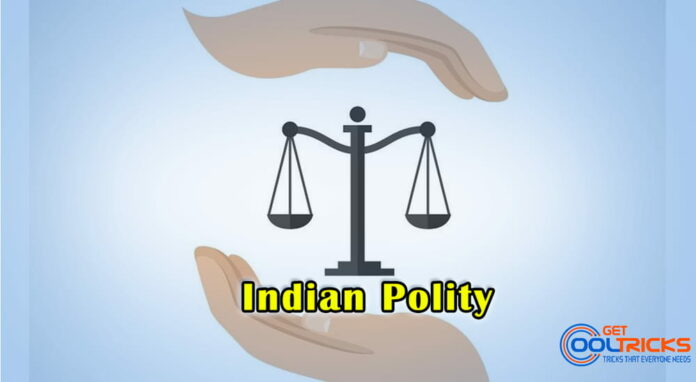Article 35A was an article under the Constitution of India that empowered the State Legislature of Jammu and Kashmir to define “permanent residents” of the state along with granting them special privileges. The article was revoked on August 5, 2019, through a Presidential order along with Article 370.
What is Article 35A?
Article 35A, which provides special rights and privileges to the citizens of Jammu & Kashmir, was incorporated in the Constitution of India in 1954 by an order of then President Rajendra Prasad, on the advice of the Jawaharlal Nehru Cabinet.
It gives the J&K legislature full discretionary powers to decide who ‘permanent residents’ of the state are. It also gives them special rights and privileges in employment with the state government, acquisition of property in the state, settling in the state, and the right to scholarships and other forms of aid that the state government provides.
It also allows the state legislature to impose any restrictions upon persons other than the permanent residents regarding the above.
To guarantee these special rights and privileges, the Article says that no act of the state legislature that comes under it can be challenged for violating the Constitution or any other laws.
Text of Article 35A
“Saving of laws with respect to permanent residents and their rights.” — Notwithstanding anything contained in this Constitution, no existing law in force in the State of Jammu and Kashmir, and no law hereafter enacted by the Legislature of the State:
(a) defining the classes of persons who are, or shall be, permanent residents of the State of Jammu and Kashmir; or
(b) conferring on such permanent residents any special rights and privileges or imposing upon other persons any restrictions as respects —
(i) employment under the State Government;
(ii) acquisition of immovable property in the State;
(iii) settlement in the State; or
(iv) right to scholarships and such other forms of aid as the State Government may provide, shall be void on the ground that it is inconsistent with or takes away or abridges any rights conferred on the other citizens of India by any provision of this part.
What were the Arguments Given in Support of 35A?
- Article 35A safeguards the uniqueness of the J&K. Even Himachal Pradesh and Uttarakhand have the laws which state no outsider can buy a land.
- This was part of the deal struck between the Maharaja of Kashmir, Hari Singh, and the republic of India to protect the privileges of Kashmiri residents from outsiders.
- Striking Article 35A down will have various consequences on other constitutional amendments contained in the 1954 Presidential Order. And this can erode the autonomy of J&K.
- Striking down Article 35A would allow people from outside J&K to settle in the state and acquire land and property, and the right to vote, thus altering the demography of the state.
Background of Article 35A
Jammu and Kashmir was a princely state under the suzerainty of the British Empire. As such, the population of Jammu and Kashmir were not British colonial subjects but rather “state subjects”.
The political movements gave rise to “hereditary state subject” as a political identity for the people of Jammu and Kashmir at the beginning of the 20th century. The people of the state demanded that only those of Kashmiri ethnicity be given jobs in the state government.
Due to this growing popular demand, the Maharaja of Jammu and Kashmir enacted a set of legal provisions in recognition of these special statuses between 1912 and 1932.
The provisions granted state subjects the right to a government office, land ownership and usage. The provisions were not granted to non-state subjects.
When Jammu and Kashmir acceded to the Union of India on 26th October 1947, Hari Singh, the Maharaja of Kashmir, handed over control of the defence, external affairs and communications to the Government of India. Article 370 of the Constitution of India and the Constitutional Order of 1950 cemented this relationship.
To read in detail about October 26th, the day when the Instrument of Accession was signed by Maharaja Hari Singh of Jammu & Kashmir, candidates can visit the linked article.
Upon the adoption of the Delhi Agreement by the Constituent Assembly of Jammu and Kashmir, the President of India issued the Constitution Order of 1954, extending citizenship rights to the residents of the state. It also inserted Article 35A into the Indian constitution empowering the state legislature to define who were permanent residents and their subsequent privileges.


